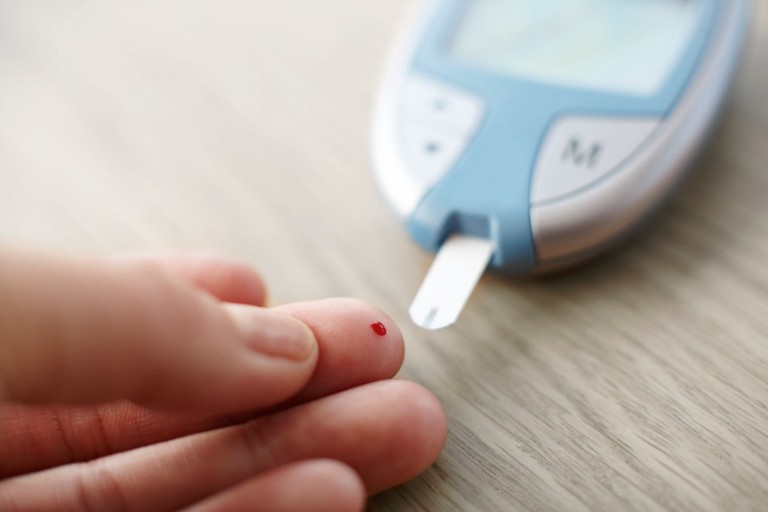Counterfeit or falsified medicines are an ongoing global issue which poses devastating risks to public health and safety worldwide1.
Counterfeit medicines are deliberately and fraudulently mislabelled medications created with the intent to imitate the identity or source of authentic medicine. They may contain inappropriate quantities of the genuine active ingredients, have been transported or stored unsafely, appear in an untested presentation or dosage, or include the wrong ingredients1.
Counterfeit medicines present a significant health risk as their contents are unknown. Taking such medicines can result in not getting the correct treatment, leading to potentially dangerous consequences for your health and safety. Counterfeit medicines are often falsified prescription drugs, as strict regulations make it difficult to obtain them without a prescription from a healthcare professional. Prescription-only medicines are regulated due to the health risks associated with using them without professional guidance.
Counterfeit producers might target medicines that are in very high demand or hard to obtain a prescription for, either because there are shortages, or they are being used for a reason they are not intended for. If the medicine is harder to get from a trusted source, there is usually a valid reason for this. It can be enticing to source online, especially when there are medication shortages, but your doctor can advise you on the best course of action.
Counterfeit products will often have spelling errors, instruction leaflets not in your language, unsealed packaging, changes in medicine size, shape, or appearance. These are all indicators that the medicine has not been produced by the original manufacturer or is being illegally sold in the wrong market.
Counterfeit sellers may claim to provide a reduction or discount on the price of a medicine compared to the original manufacturer. This might sound like a good deal; however, these medicines will likely have no effect or could even be harmful to your health. Counterfeit medicines often don’t contain any actual medicine or may contain a different medicine altogether. A much lower price than expected, or seems possible, should be a warning sign.
Counterfeit medicines are often sold on websites that are not associated with the manufacturer. Look out for websites advertised on social media, unwanted pop-up advertising, spelling errors, unusual URLs and payment platforms, such as Bitcoin.
Prescription medicines should always be taken in consultation with your doctor as they are often strong and may have associated side effects. Your doctor is best placed to weigh up the risk/benefit ratio of a medicine before prescribing, alongside your personal medical history.
Prescription medicines are tailored to specific medical needs and should always be advised by a healthcare professional. They are highly regulated and reviewed by authorities in each country to ensure the safety of the general public. It is dangerous for you to take prescription medicines that are not approved or advised by a healthcare professional first.
A compounded pharmaceutical product is a medication that is prepared by a licensed pharmacist or healthcare provider. These can be used for people with specific prescriptions e.g., for someone who may have an allergy to an ingredient or if a different dose is required.
These medicines might be more expensive as they are custom-made. Compounded medicines should not be bought from an untrusted source and should not be taken unless discussed with your doctor.
Compounding pharmacies, where the practice is allowed, is usually regulated by local health authorities, like the EMA and the FDA. Illicit compounding may occur if compounding pharmacies are unduly producing products not approved by any national regulatory authority.
Novo Nordisk does not directly or indirectly provide or sell any of its medicines to compounding pharmacies. Compounded products do not have the same safety, quality and effectiveness assurances as our FDA-approved drugs and may expose patients to health risks.
If you suspect a product to be a counterfeit of a Novo Nordisk product, please report this immediately to Novo Nordisk in your country, you can contact us by:
- Online via our contact form
- By phone: Find the telephone number for your location here (Not all countries have a dedicated phone number, in which case we kindly ask you to use the online form)
If in any doubt, do not take or purchase the medicine, and
speak to a healthcare professional.
